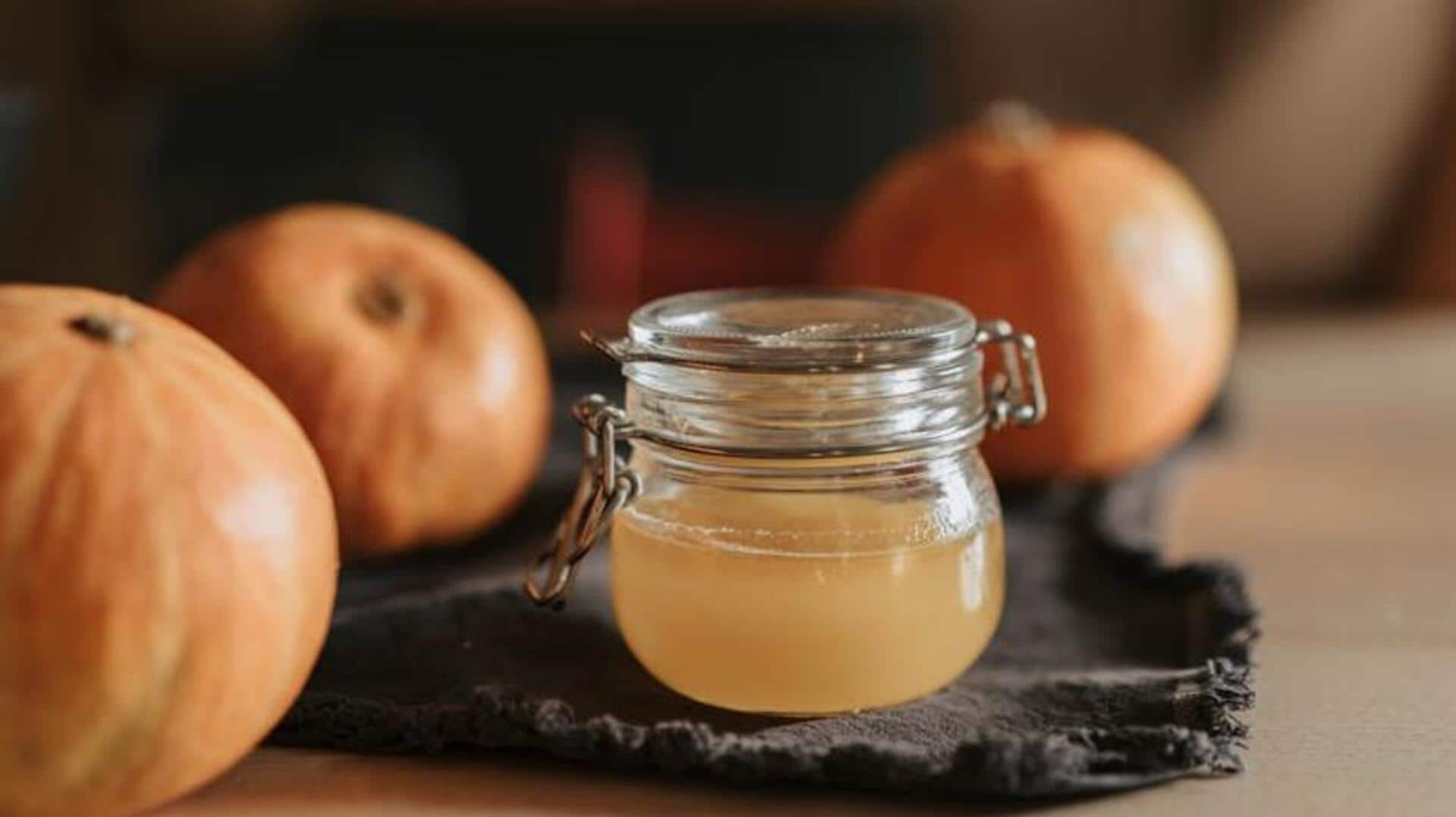
Reducing dandruff with DIY vinegar rinses
What's the story
Dandruff is a widespread scalp issue experienced by millions, if not billions, of individuals. It causes itching and flaking on the scalp. Although there are many commercial shampoos and treatments to address dandruff, natural remedies like vinegar rinses can also prove highly beneficial. In this article, we will delve into how you can utilize vinegar, a common ingredient in your kitchen, to combat dandruff with simple DIY rinses.
Cause
Understanding the cause of dandruff
Dandruff is caused by several factors like dry skin, sensitivity to hair products, and the presence of a specific type of fungus that grows on the scalp. Vinegar is acidic and helps restore the pH balance of the scalp, making it less favorable for the growth of fungi that cause dandruff. Plus, it has antifungal properties that directly inhibit the growth of the fungus.
Preparation
Preparing your vinegar rinse
To make a simple vinegar rinse, combine one part apple cider vinegar with two parts water. If you have sensitive skin, you might need to dilute the vinegar even more with additional water. After shampooing, apply the mixture directly to your scalp. Let it sit for a few minutes, then rinse out thoroughly with water.
Enhancement
Enhancing your vinegar rinse
To further enhance the effectiveness, you can infuse your vinegar rinse with herbs like rosemary or tea tree oil, both of which are known for their anti-dandruff benefits. Just drop a few drops of essential oil or a handful of fresh herbs into your vinegar solution and let it infuse for at least an hour. After that, strain out the additives and apply the solution to your scalp.
Usage
Frequency and duration of use
How often you should use a vinegar rinse depends on your scalp's sensitivity and how bad your dandruff is. You can start with once a week; some people might need to do it two to three times a week to see a difference. Don't go overboard though, too much of it can cause irritation or dryness.
Monitoring
Monitoring results and adjustments
After each application, gauge how your scalp reacts to the treatment. If you experience irritation, decrease the frequency of use or dilute your mixture even more. On the other hand, if you see no improvement in dandruff after four weeks, you may want to slightly raise the concentration or add other anti-dandruff ingredients to your rinse.